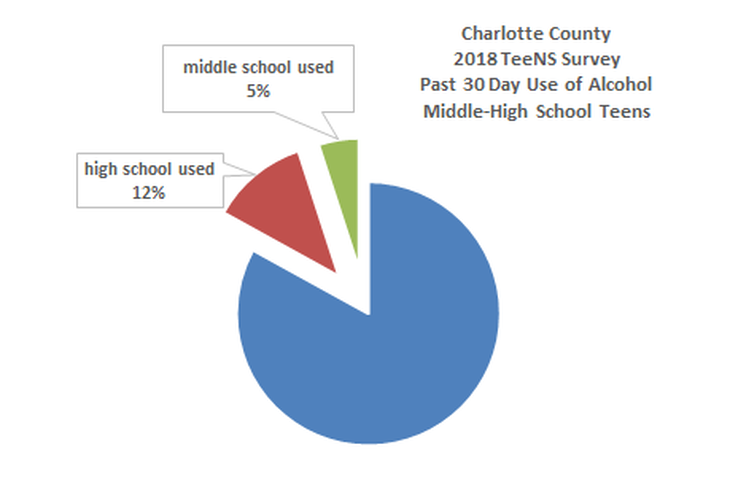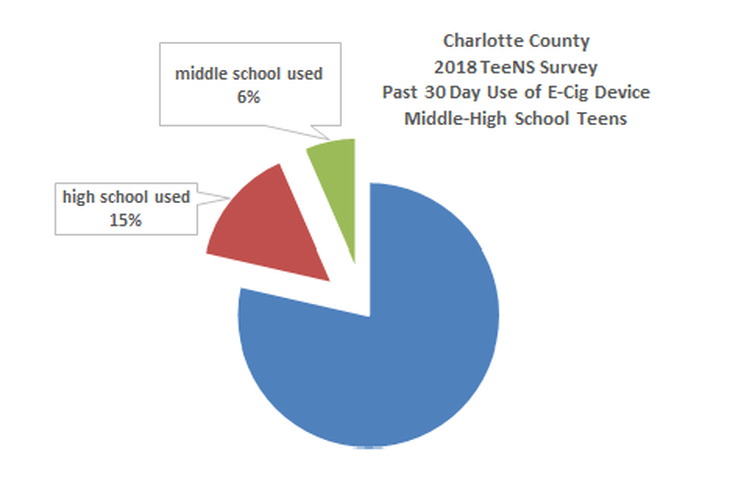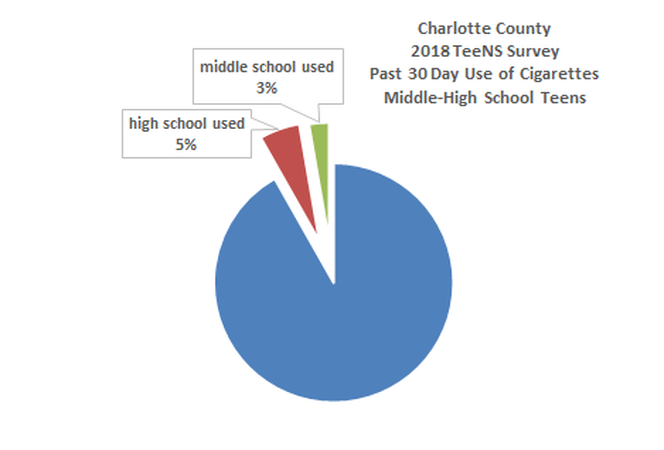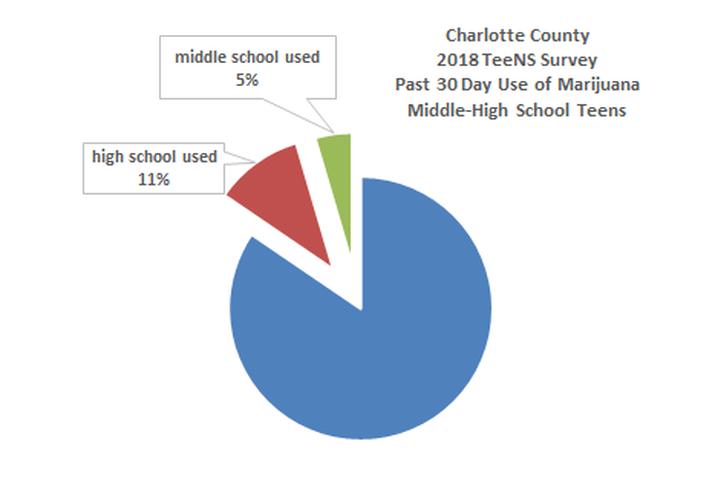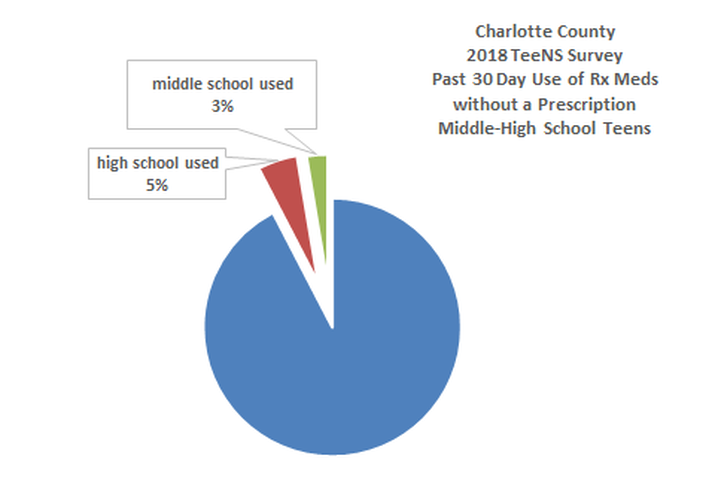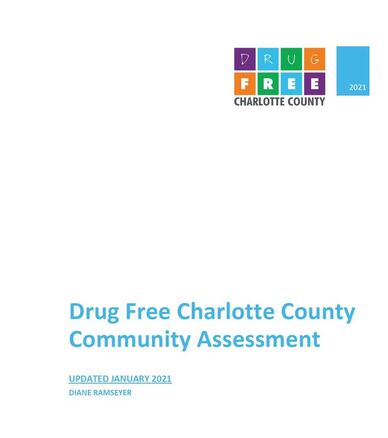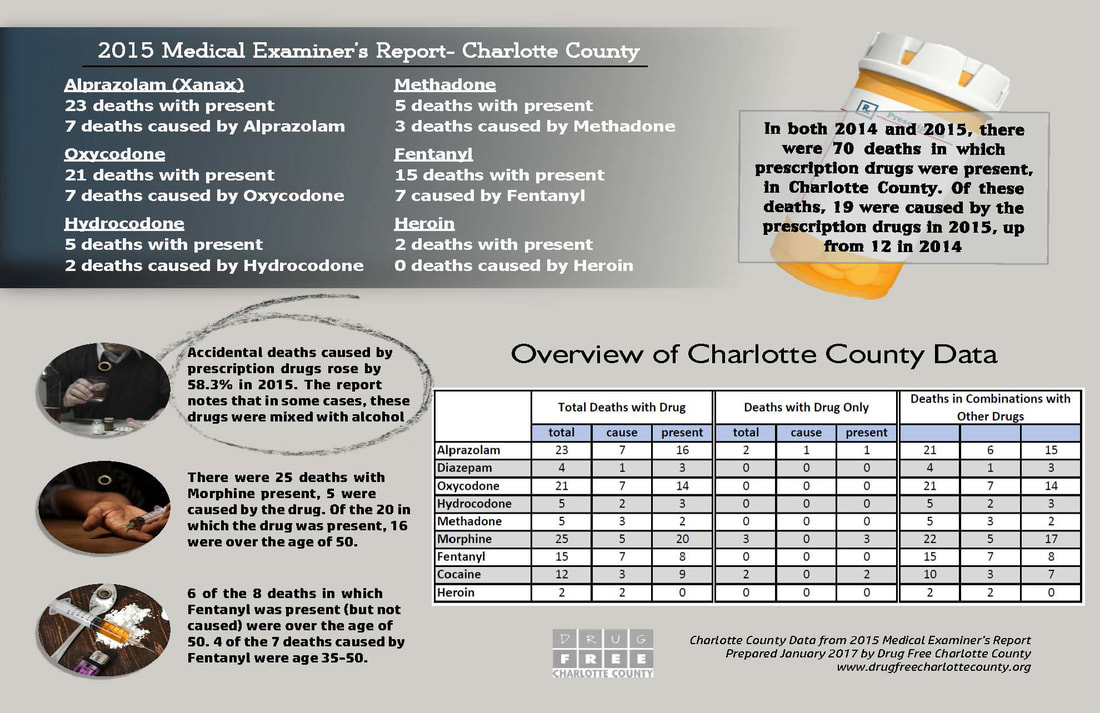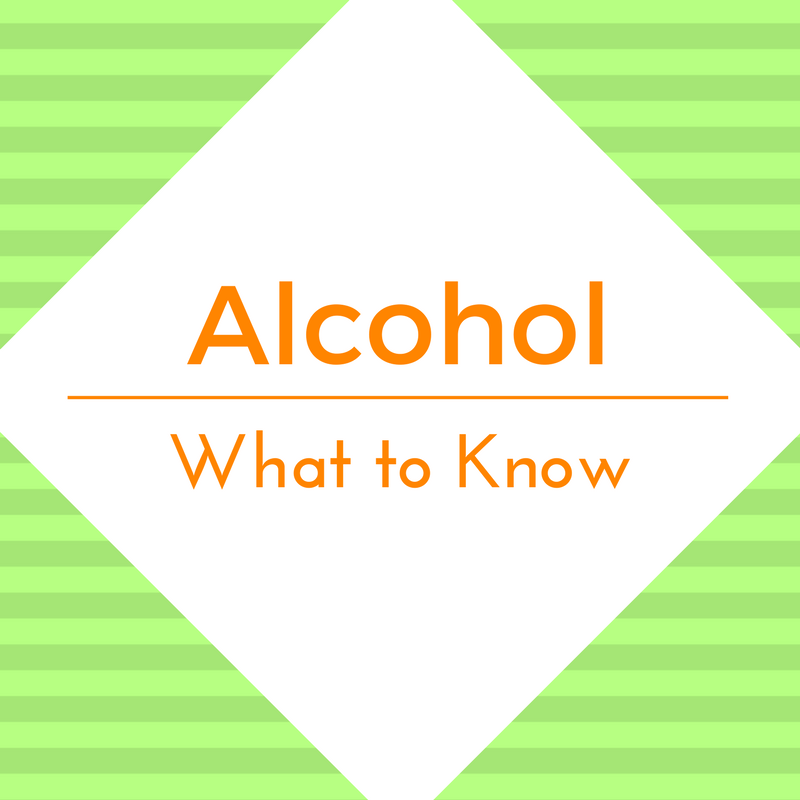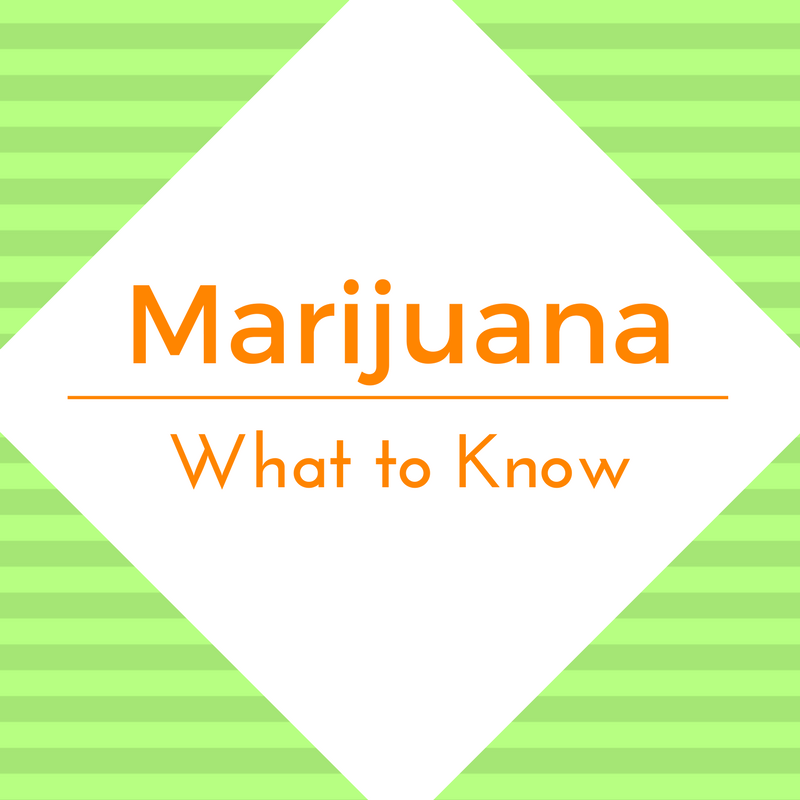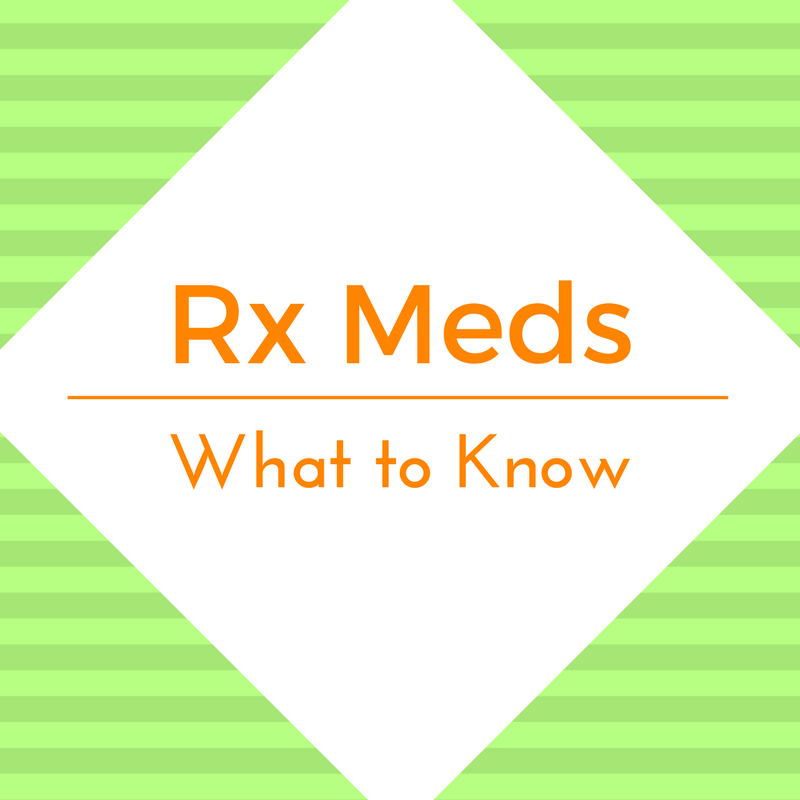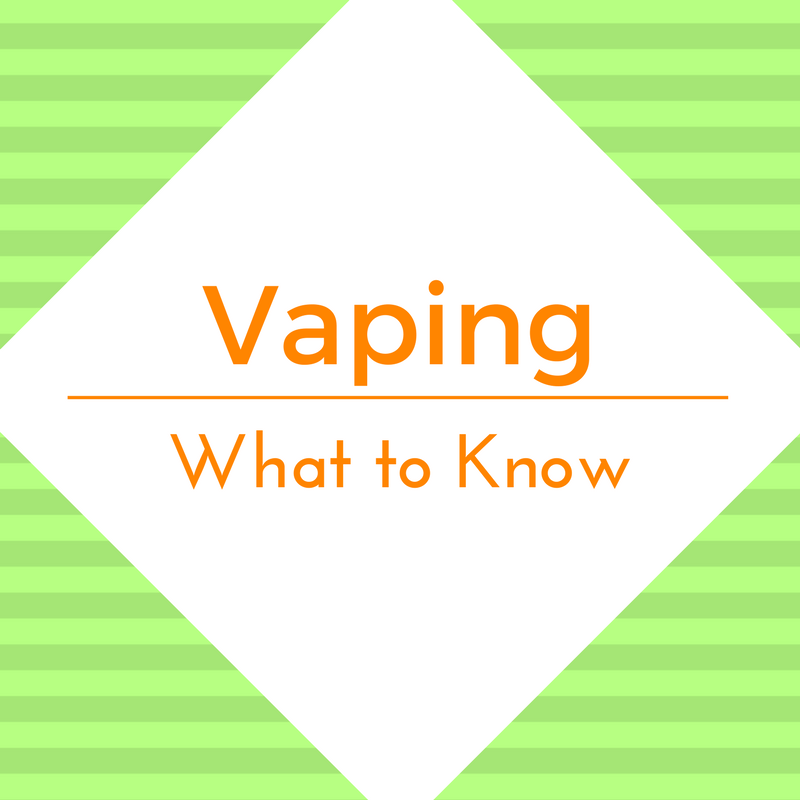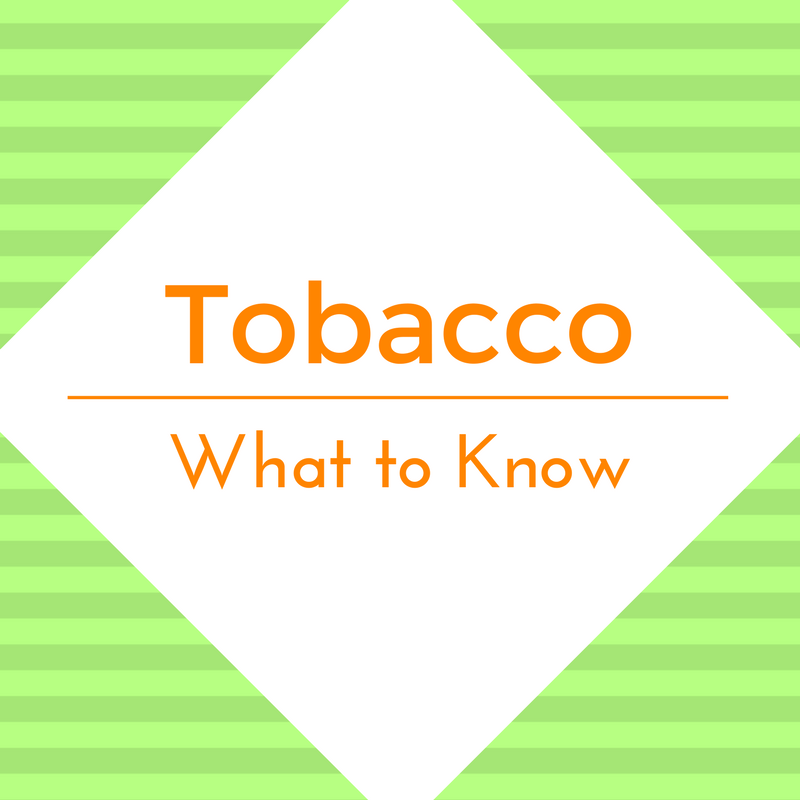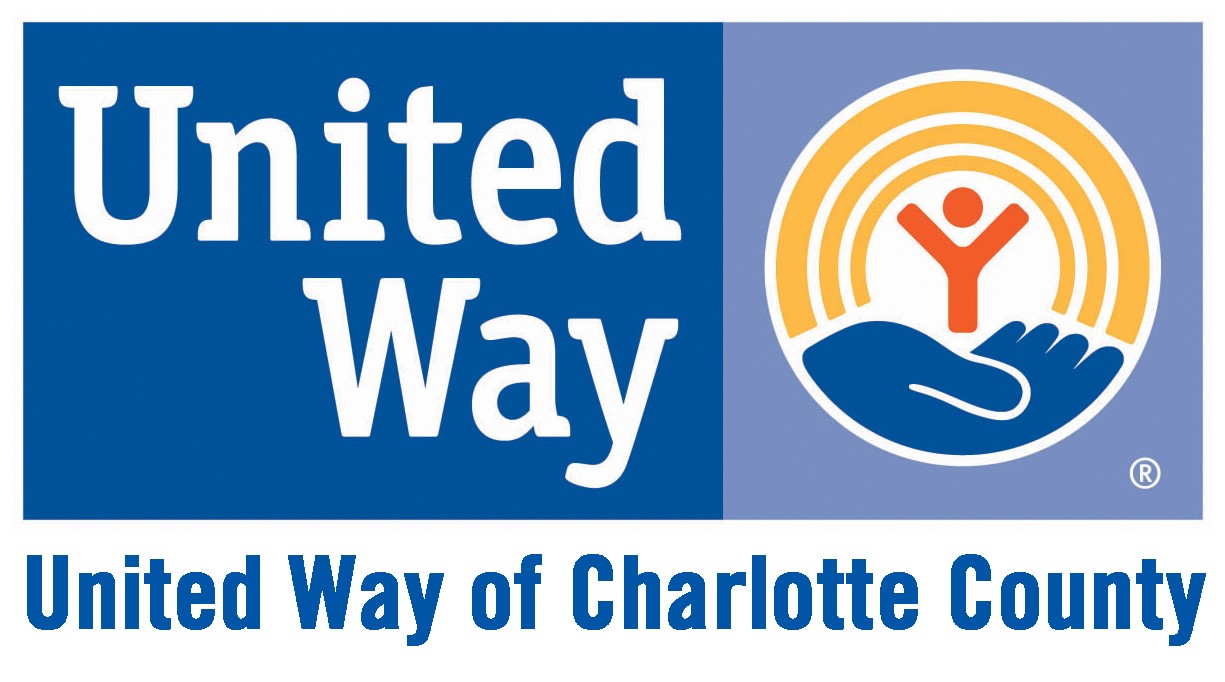2018 Teen Data -
|
Data below is from our 2018 Teen Norms Survey conducted in partnership with middle and high schools within the Charlotte County Public Schools System. The survey is implemented annually, shortly after the school year begins. The data represents combined responses from 6th-12th grade teens. Middle and High school delineated data is the percentage of middle or high school teens who reported use as compared to all surveyed middle and high school teens (combined).
|
Learn more
Facts about commonly abused
or misused substances
|
|
|
|
source: www.floridahealth.gov/programs-and-services/prevention/tobacco-free-florida/index.html |
